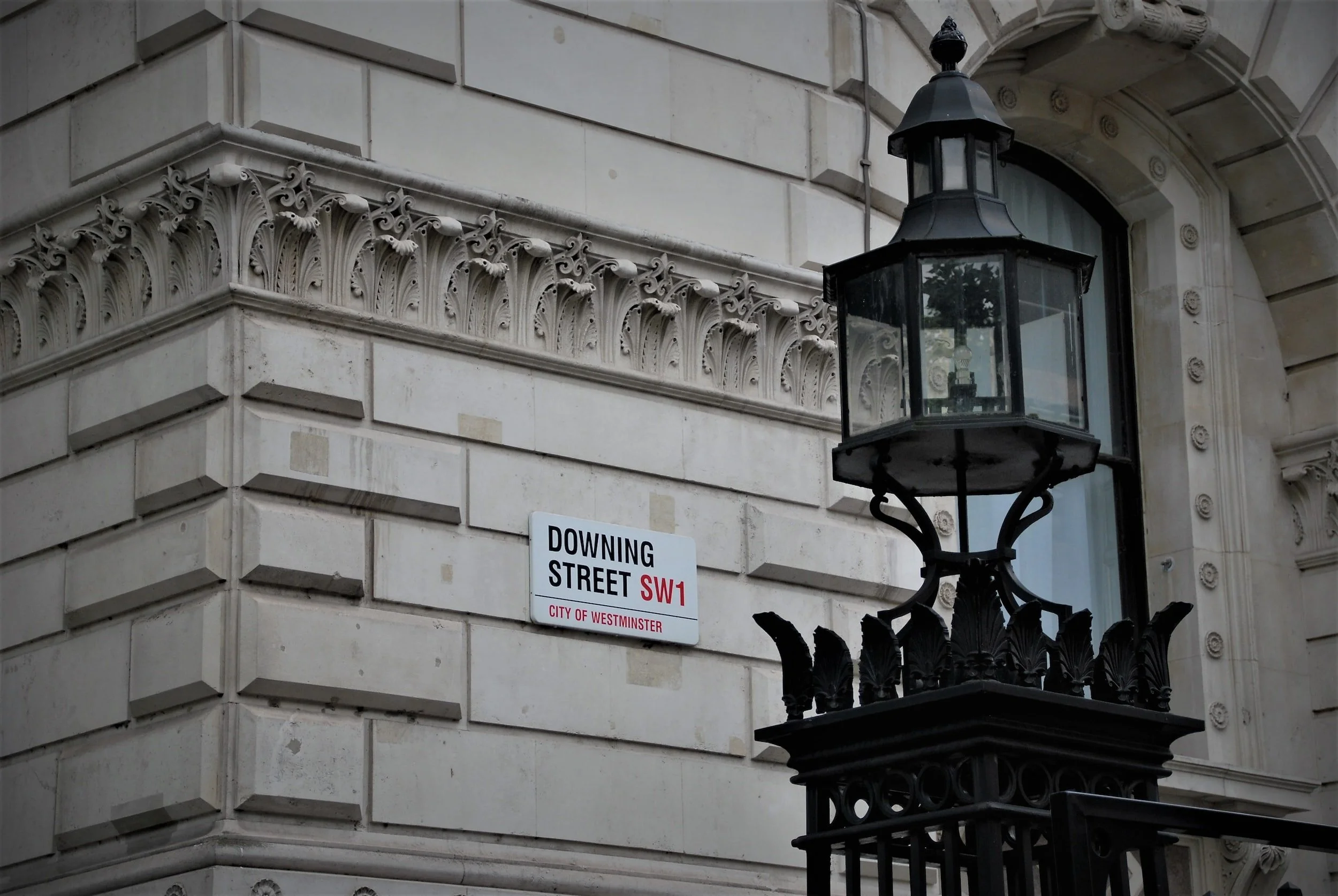IR35 Rules to be repealed from April 2023
During the mini-Budget, the UK’s new Chancellor, Kwasi Kwarteng, announced sweeping changes to tax rules. The exciting news for contractors across the country is that IR35 is to be repealed as part of these changes.
What is IR35?
IR35 is an ‘anti-avoidance’ tax legislation. The logic behind IR35 was that it would prevent disguised remuneration schemes.
IR35 has existed in some form since 2000 and has been regularly updated to meet the needs of HMRC. Although criticised since its introduction, it wasn’t until April 2017 that the legislation achieved such widespread hatred.
The April 2017 update meant end-clients rather than contractors became responsible for determining if a working relationship resembled self-employment or on-payroll employment.
This update was widely criticised when it was introduced. The announcement that it will now be repealed will no doubt cause a collective sigh of relief from the freelance sector.
Why has it caused problems?
It is generally held that the IR35 legislation was rushed into place by HMRC to tackle a problem that was getting out of control.
The guidance from HMRC has being criticised by both the public and private sector as not being fit for purpose. This has led to great confusion and anxiety for both businesses and legitimate contractors. Many organisations, fearful of being stung by large tax bills, have decided against using contractors altogether.
The original proposals for IR35 claimed that by introducing the legislation, HMRC (then Inland Revenue), could reclaim £220 million per year in National Insurance contributions, and a further £80 million in income tax.
However, in practice, HMRC have rarely managed to achieve 1% of this figure. A Freedom of Information request revealed that between the 2002/03 and 2007/08 tax years, IR35 directly raised just £9.2 million. This equates to around £1.5 million each year. These figures do not take into account the cost for administering the regime or investigating IR35 cases.
What do the new rules mean?
Well technically, there aren’t any new rules. Although it is widely being referred to as IR35 being repealed, that isn’t the case. UK Government is just rolling back the IR35 legislation to how it used to be.
This means that from April 6, 2023, contractors operating through a personal service company will once again be responsible for their own IR35 status determinations.


